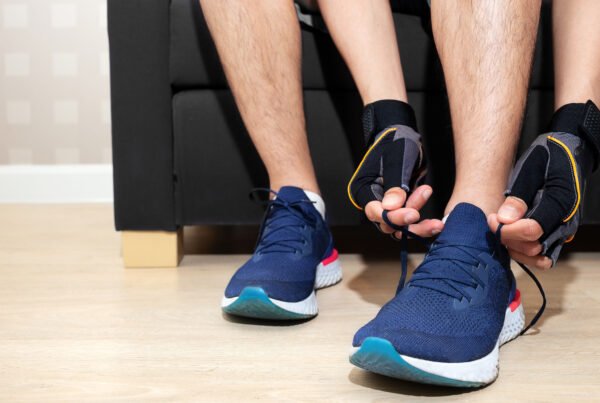Abstract
This SafeActive study commissioned by EuropeActive’s Research Centre ‘THINK Active’, aims to demonstrate the relative risk of Covid-19 infection in fitness clubs. The data collected seeks to mitigate public health concerns, confirm that fitness clubs are safe environments with a relatively low risk of Covid-19 infection, and offer the fitness and physical activity sector a strong argument for keeping services open during future outbreaks.
Methodology
The study was launched on the 25th September 2020 and collected data based on more than 62 million visits to fitness clubs and leisure facilities. Data was collected from operators across Europe, including The United Kingdom, Germany, France, Sweden, Belgium, Netherlands, Spain, Portugal, Norway, Switzerland, Czech Republic, Poland, Denmark, and Luxemburg. The primary research method was a survey asking operators a series of questions about the facility/facilities and any confirmed Covid-19 cases amongst users/members and staff. Participants were asked to provide information on total weekly visits since reopening, and by using data provided by membership systems.
Key Findings
With more than 62 million visits analysed, there were only 487 confirmed positive cases of both members and staff, revealing an average infection rate of 0.78 per 100,000 visits. This indicates that fitness clubs across the EU are relatively safe places to work and to exercise.
Interpretation
This study provides a strong case for keeping fitness clubs and leisure facilities open during the pandemic. The prevention of the further spread of Covid-19 should be the priority, but the research indicates that levels of risk of infection in fitness clubs is extremely low. Not only this, but these clubs provide a vital service in improving the physical health and mental wellbeing of our communities. There is a convincing argument that increasing access to activity, not reducing it, can be considered a fundamental part of the solution to Covid-19 by strengthening immune functioning and lowering the risk of viral illness.




